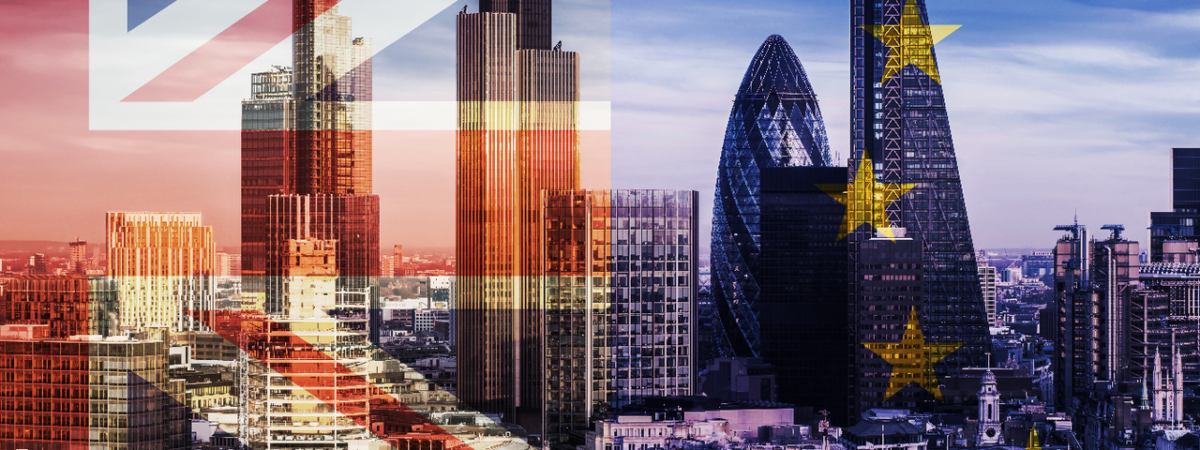A coalition of baptists and bootleggers wants to regulate social media
SUGGESTED



If it does happen, a key factor will be the diverse coalition of interests pushing for greater government oversight, and their success or otherwise in agreeing a desired regulatory framework.
From worriers about the use of the platform’s data to influence elections, to fake news pessimists, to those who think Facebook operates a monopoly, right through to people in industries that have been adversely affected by the network’s business model, Mark Zuckerberg’s venture faces a litany of complainants.
One can think of this coalition through the prism developed by regulatory economist Bruce Yandle. He observed that campaigns for regulation tend to be pursued by a combination of two groups: those who desire the purpose of the regulation, and those who profit from its real-world effects.
His example was the twentieth-century Sunday closing laws in the US, which restricted the sale of alcohol. Baptists and evangelical Christians pushed for and were active in enforcing the laws on moral grounds. But bootleggers benefited from the consequences of the legislation through a larger market for illegal sales.
This type of pincer movement makes legislation more likely and enduring, as politicians can take the moral high ground of the Baptists, while being nobbled by the bootleggers – hence, the widely discussed “Baptists and bootleggers” model of regulatory capture.
With Facebook, the Baptists are those who genuinely think the social media site is a threat to democracy. Though the academic evidence suggests that this is more a moral panic than reality, people worry the site creates ideological echo chambers, enables fake news to spread, allows extremely targeted political ads with sometimes contradictory messages to reach different groups of voters, and restricts or blocks certain viewpoints from being expressed.
However, it is important to recognise that this “Facebook undermines democracy” message is pushed most heavily by traditional newspaper journalists, who work in an industry that has seen its ad revenue plummet as a result of competition from Facebook. Certain journalists explicitly admit wanting to bring Facebook to heel because of the destruction it has caused in their own sector.
Economic analysis suggests that the journalistic bootleggers and the “democracy” Baptists will be likely to succeed if they agree on and work behind a common rule they’d like to see enforced. But with the price of Facebook being zero for most consumers, the site doesn’t fit neatly into existing regulatory structures.
That makes it more difficult for the groups to coordinate. But it also makes the current frenzy incredibly dangerous, with a high risk that governments will “do something” for the sake of it, to the detriment of longer-term consumer welfare.
Consider the mooted options. Some trustbusters and journalists suggest breaking up Facebook entirely. Others want to enforce portability of all data to other networks. Those concerned with fake news want Facebook to be treated as a publisher rather than a platform for content.
All of these moves would come with significant trade-offs and big risks to consumer welfare.
It makes no sense to break up a social media platform, when the key benefit of it is the network effects it generates between users.
Smaller, upstart media outlets would suffer if Facebook cut back substantially on its newsfeed to protect itself as a publisher. In fact, any heavy regulation might insulate Facebook from future competition, as new competitors would not have the ability or financial weight to take on such risks.
With respect to portability of your data, would-be regulators seem to underestimate just how much of Facebook’s value comes from the tools that they have to analyse and process information. Simply loading new costs onto them may lower investment without generating much in the way of competition from portability.
At the moment, the social media giant is getting the kitchen sink thrown at it from a collection of diffuse interests. One only had to watch the questions from Zuckerberg’s congressional testimony last week to see the moralising language of politicians.
But behind the curtain there are a vast array of interests who would stand to benefit or gain some sense of retribution if Facebook’s model is undermined.
The success of this movement to regulate Facebook heavily is highly likely to depend on whether this coalition is able to calibrate its disparate goals, and settle on a regulatory means that they can all swing behind. For those of us who are simply consumers, the consequences could be very significant indeed.
This article was first published on City AM.




